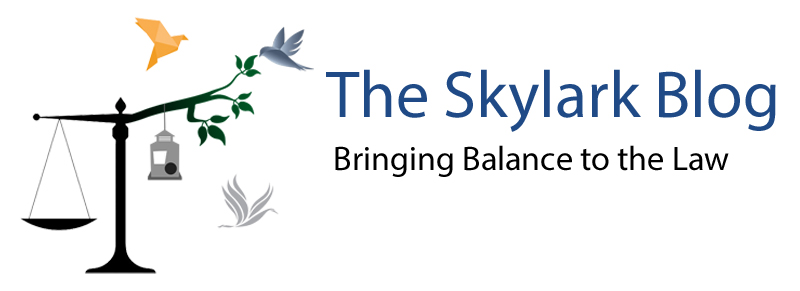 |
| Image from Wikipedia |
What can these leadership qualities teach us about Collaborative Divorce?
Ultimately when we are assisting divorcing couples, whether through the court process or through negotiation, we are leading them through a complicated and emotional process. As leaders in this role we should be considering what types of leaders we want to be. Particularly in Collaborative Divorce where the process is designed to model better communication for the divorcing couple, we are leading these couples through each step of the divorce process as a team. The collaborative attorney is still the leader on legal issues, but we also involve a collaborative coach to help lead the emotional discussions and guide communication, and a financial expert to help lead the financial planning and summary.
Often attorneys have difficulty letting go of some of their power in these roles, and in fact many attorneys (even those who have been Collaboratively trained) refuse to involve coaches in their cases. But this choice assumes that we can lead a divorce case without any help. Just like Captains Kirk and Picard, attorneys need to recognize that sometimes we need help. In order to effectively lead divorce clients through emotional and financial issues we should make use of the right advisors for these roles.
Does good leadership require the use of advisors?
Ever since Netflix Instant watch obtained all of the Star Trek television episodes, I have been re-watching both the Original Series (TOS) and The Next Generation (TNG). Despite the fact that my wife is still resistant to liking Star Trek, she has been watching it with me and, of course, commenting on various observations including how ridiculous both shows look today. We also recently discussed one of the striking differences between the two series: the presence of Deanna Troi, ship's counselor, on the bridge.
While Captain Kirk had Spock and Dr. McCoy as his trusted advisors, TNG took the concept one step further by having a mental health practitioner as an advisor, and a woman no less. While Dr. McCoy was quick to point out that his skills were mainly as a doctor, damn-it, he was still a commissioned officer and a very masculine perspective. Captain Picard, however, constantly asks for advice from a woman who isn't an officer (at least not until later episodes) and who is so focused specifically on the emotional side of negotiation that she literally feels the emotions of those around her.
In the same way that Star Trek evolved to recognize the importance of emotions and the female perspective in leadership decision making and negotiation, the process of getting divorced must evolve as well. There is no negotiation that is more likely to involve strong emotions and feelings than a divorce case. So why do lawyers think they can guide clients through that minefield without help?
In my experience, many lawyers will try to avoid the emotional issues by simply recommending that their clients also see a therapist. That disconnects the legal process from the emotional one, and as any good negotiator will tell you, it is not possible to fully disconnect one's emotional and rational interests in a negotiation. Indeed, having and facing the conflicts that happen in a divorce case can often be an integral part of finding solutions. This is a concept explored in a lecture from Collaborative attorney, Neil Denny, about How to Enable Conflict.
Since lawyers aren't trained to enable conflict, or manage communication and emotions, the Collaborative process is designed to bring an expert in those fields to the table: the Coach. Divorce will get easier for clients when more lawyers realize the value of including a coach to advise clients on dealing with the emotional portion of conflict in real time, i.e. during the negotiation.
So if you are a spouse facing divorce, or a lawyer who helps clients through their divorce, the next time someone suggests using a coach or financial planner to help, don't think of it as a negative that the lawyer can't fill all those roles. Instead, picture yourself on the bridge of a starship, facing down a force that seems more powerful than you. Are you alone on that bridge? Or is your trusted advisor sitting in the chair next to you, helping you to be a better leader?

 Skylark.law
Skylark.law
Comments
Post a Comment